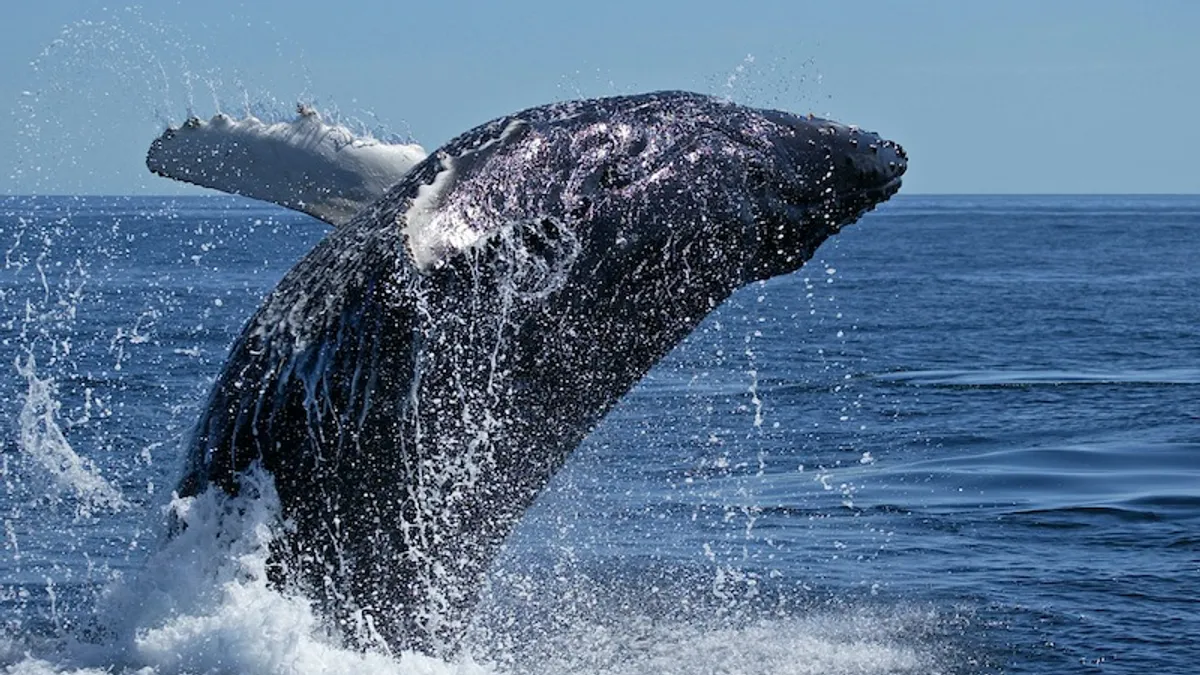Dive Brief:
- Statistics released from a three-year study of marine waste by CSIRO, Australia's national science agency, conclude that the amount of plastics in the ocean doubles every ten years.
- One scientists estimates that floating swaths of garbage weighs 200 million tons, while another guessed that the trash weighs only 500,000 tons. On research expeditions, researchers determined 9% of fish ingested plastics.
- 20% of plastic found in the ocean originates from marine sources. 80% is from litter that collects at beaches or was carried in rivers. Half of the waste is comprised of bottles while the rest comes from consumer packaging.
Dive Insight:
One solution to help slow the process of plastics in the oceans is to enact bottle deposit laws, which 10 states currently have. Public support of adopting these laws is growing, but manufacturers of the beverages are against this legislation, citing an increased cost of beverages and the fact that deposits are more expensive than recycling. The return rate of cans and bottles with a deposit is higher than recovery rates. According to statistics from the Container Recycling Institute, states that have a bottle law recycle 490 containers per person, while states without a deposit recycle 191 containers per person.














